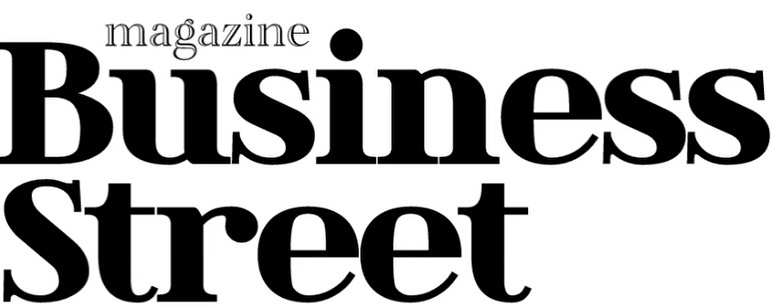From setback to comeback
Transforming career disruption into your greatest advantage
Career upheaval could become breakthrough momentum.
Career upheavals – whether triggered by layoffs, industry disruptions, or personal changes – have become an expected part of professional life today. Yet while many experience these transitions as threatening, emerging insights reveal that such periods hold unique potential for meaningful professional growth. The key lies not in avoiding change, but in harnessing it as a catalyst for genuine transformation.
Research highlights three critical development areas that deserve particular attention during times of transition: skill-building, mindset development, and relationship-building. Those who pursue this triple-strategy convert according to Forbes uncertainty into productive momentum. The difference-maker is active transition management – instead of waiting passively for the next opportunity, you deliberately design your professional future.
Practically, this means leveraging time between roles for targeted skill development. Identify capabilities valued in your target field and acquire them through online courses, certifications, or practical projects. Simultaneously, work on your mindset: cultivate a growth-oriented perspective that frames challenges as learning opportunities rather than threats. Finally, invest in your network – build connections with people who are already where you want to be.
The most successful career-changers build on their existing experience rather than disowning it. They identify transferable skills and apply them in new contexts. A marketing specialist might leverage her communication skills in consulting, while a project manager could apply his organizational abilities in the non-profit sector. Building these bridges between old and new creates continuity within change.
Digital tools and platforms have revolutionized career transitions. LinkedIn Learning, Coursera, and other offerings provide low-cost upskilling, while virtual networks facilitate access to industry insiders. Yet technology alone isn’t enough – what matters is strategically using these resources with clear focus on your goals.
Ultimately, career transitions involve more than just changing jobs: they’re opportunities to redefine your professional identity. Those who actively shape this process emerge not only stronger but often find more fulfilling work that better aligns with their values and life circumstances. Career upheaval becomes breakthrough momentum – not in spite of the uncertainty, but because of it.
MK
